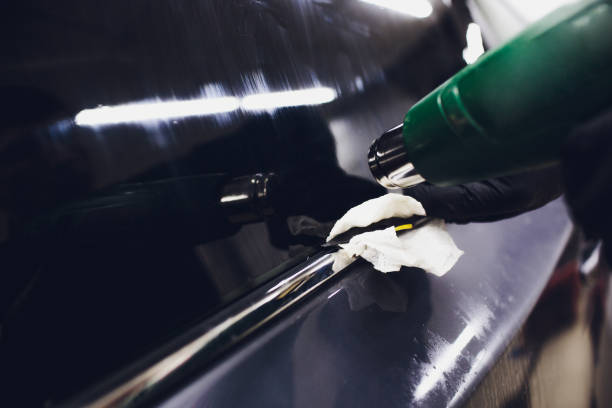Window tinting is a popular choice for many car owners looking to enhance privacy, reduce glare, and add a touch of style to their vehicles. However, there are several misconceptions surrounding this practice that often lead to confusion among consumers. In this article, we’ll debunk five common myths about car window tint to help you make informed decisions.
Window Tinting is Illegal
One of the most persistent myths about window tint is that it’s illegal. While regulations regarding tint darkness and reflectiveness vary from state to state and country to country, most jurisdictions allow a certain level of tinting on car windows. It’s essential to familiarize yourself with local laws and regulations before getting your windows tinted to ensure compliance.
Window Tinting Blocks All UV Rays
While window tint can significantly reduce the amount of ultraviolet (UV) rays that enter your vehicle, it doesn’t block them entirely. High-quality window tinting Cambridge films are designed to block a substantial portion of UV radiation, which can help protect your skin and upholstery from sun damage. However, it’s essential to use sunscreen and other protective measures, especially during prolonged exposure to sunlight.
Window Tinting Interferes With Signals
Some people believe that window tinting Bedford can interfere with signals from electronic devices such as GPS, cell phones, and keyless entry systems. While metallic-based window tints may have caused such interference in the past, modern tinting technologies are designed to be signal-friendly. Reputable tinting professionals use non-metallic films that do not obstruct electronic signals, ensuring that your devices work as intended.
Window Tinting Decreases Visibility
Another common misconception is that window tint reduces visibility, making it challenging to see clearly while driving, especially at night or in adverse weather conditions. While it’s true that extremely dark tints can impair visibility, most tinting options are designed to maintain adequate visibility while still providing the desired level of privacy and sun protection. Additionally, advanced ceramic tinting films offer excellent clarity and color stability without compromising visibility.
Window Tinting Is Permanent
Some people avoid window tinting because they believe it’s a permanent modification that cannot be reversed. In reality, window tint can be removed professionally if desired. While it may require some time and effort, experienced technicians can safely remove tinting films without damaging the glass or leaving residue behind. This flexibility allows car owners to change or update their tinting as needed without fear of permanent alteration.
Conclusion
Window tint offers numerous benefits for car owners, from improved privacy and comfort to UV protection and style enhancement. By debunking these common myths, we hope to empower consumers to make informed decisions when considering window tint for their vehicles. Remember to consult with a reputable tinting professional and familiarize yourself with local regulations to ensure a positive and compliant tinting experience.
